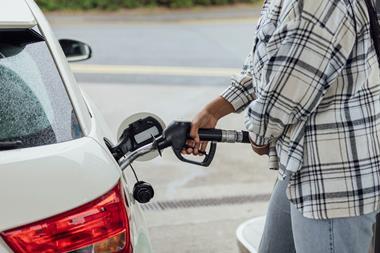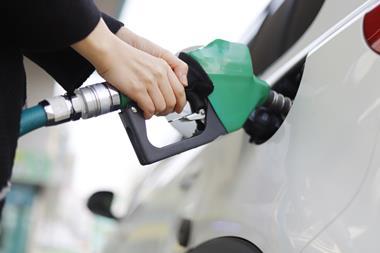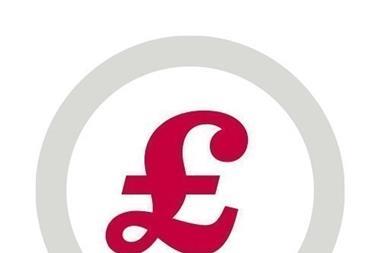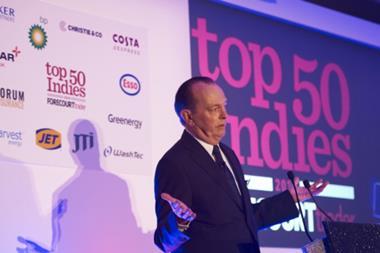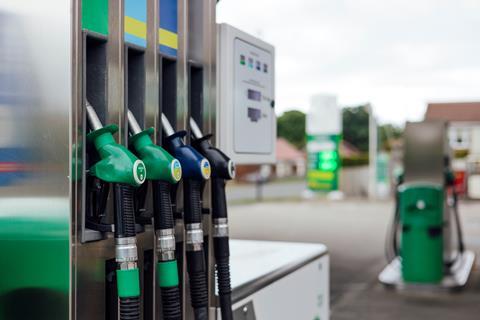
FairFuel UK expects Labour’s first Budget to hit the motorist hard – with fuel duty increasing by 10ppl.
After listening to Sir Keir Starmer’s speech on Tuesdday, founder of FairFuel UK, Howard Cox, says: “I have credible intelligence that the Treasury has virtually settled, through its internal economic modelling, on increasing fuel duty by 10ppl.
“For nearly 15 years, I have proven that hiking levies on one of the highest-taxed motorist sectors in the world would damage the economy, jobs, inflation, business investment and freedom of movement. Such a punitive hike will also stifle growth, which may be why his speech did not even mention Labour’s central campaigning pre-election mantra.
“The inevitable move to Big Brother pay-per-mile taxation, which Labour plans to work alongside the declining fuel duty income, will undoubtedly be announced in the budget too. I predict the net outcome from the October Budget is that the UK’s 37 million drivers are set to be fleeced on a scale not seen since 1997 to 2010, when Labour increased fuel duty by a staggering 46%.”
Reacting to Cox’s announcement, PRA executive director Gordon Balmer, says: “I would urge the Chancellor to keep motorists in mind when considering any possible changes to the rate of fuel duty charged. While retailers strive to keep the prices of fuel as low as possible in a highly competitive market, there is no question that geopolitical events have driven prices up.
“Any government-driven increases at the pump would increase costs to both businesses and motorists, as well as fuelling inflation. With this in mind, I hope that the Chancellor will protect motorists at the pump and rule out any unnecessary increases to fuel bills.”
In the Spring Budget, the temporary 5ppl cut in fuel duty, introduced by Rishi Sunak in 2022 to help counter the effects of the Ukrainian war, was extended to March 2025.
The Office for Budget Responsibility’s figures show that fuel duties were expected to raise £24.7bn in 2023-24, which would represent 2.2% of all receipts and is equivalent to £850 per household and 0.9% of national income.





















